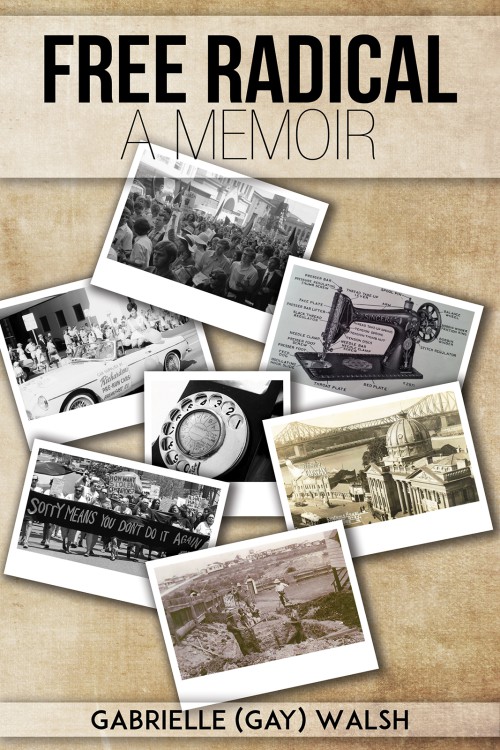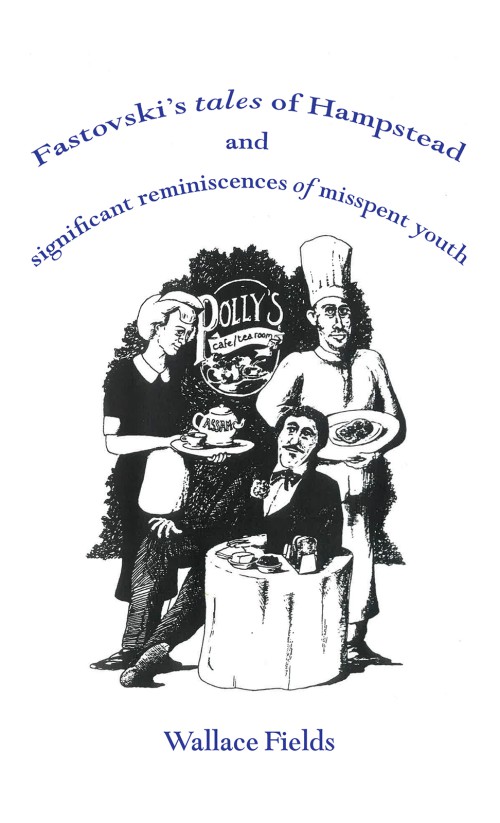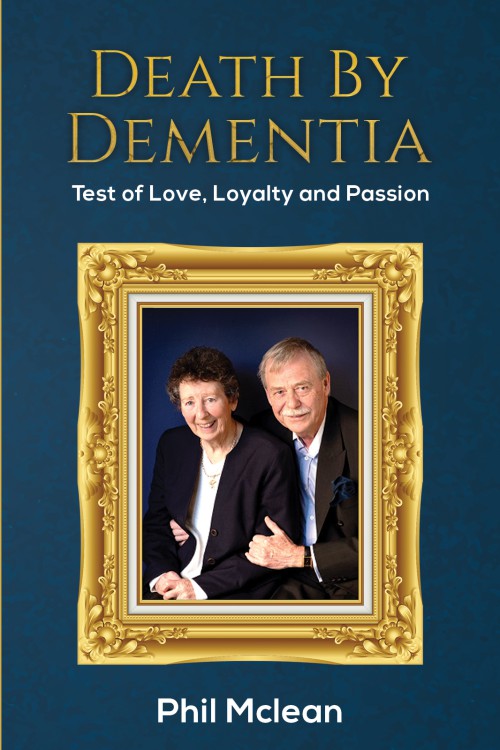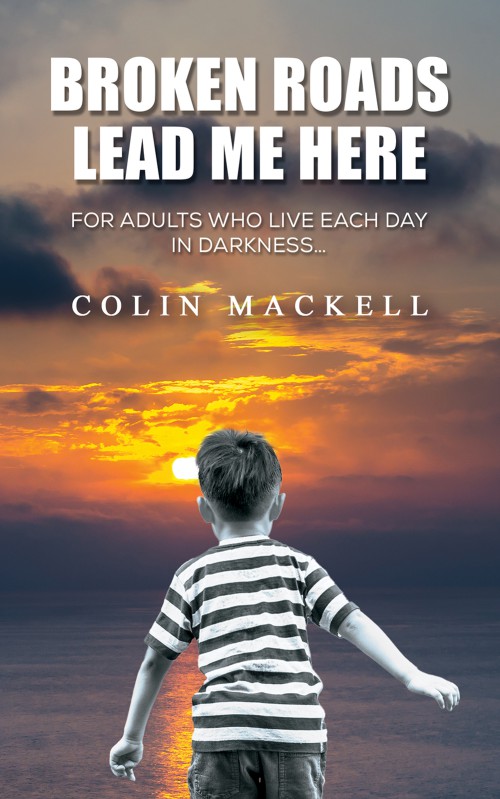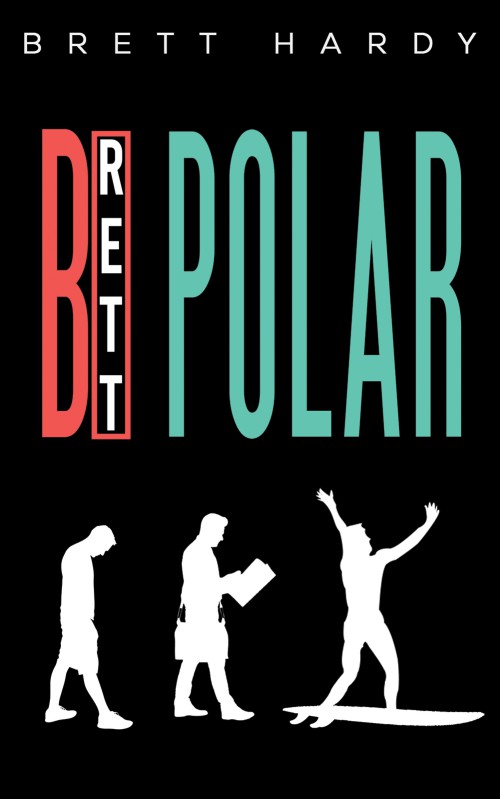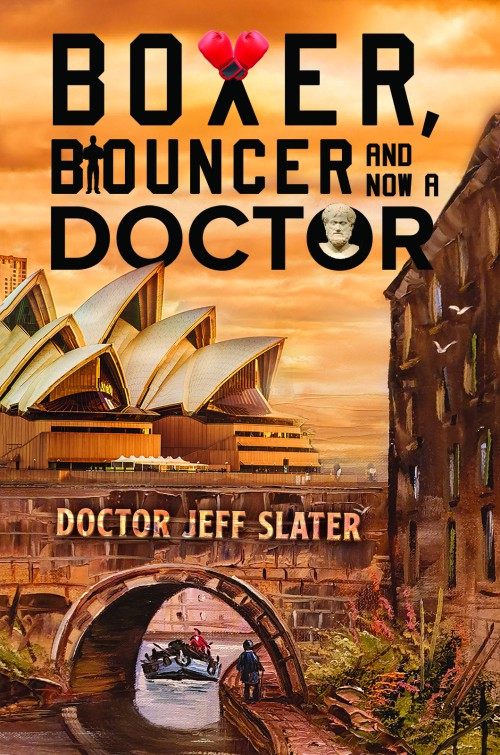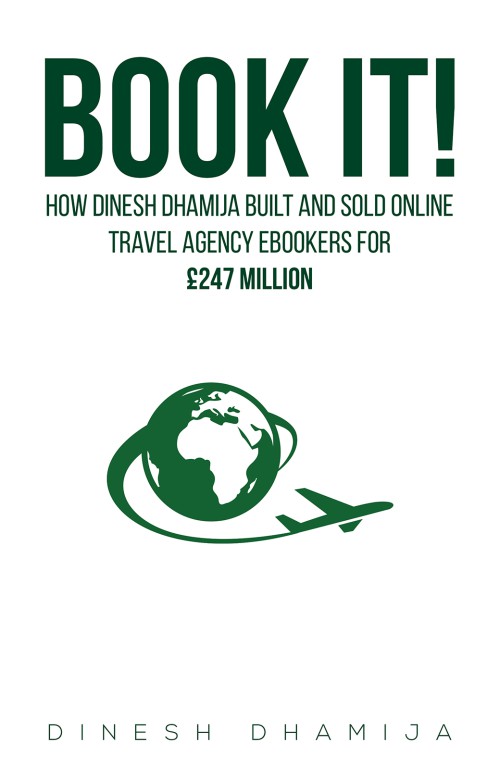-
Free Radical
A fascinating account of life in a period of great social and political change. Gabrielle Walsh discusses her personal experiences of pursuing feminism and gay rights amidst the stigma and tradition of a patriarchal society. Traversing the period from the beginning of the 1950s until the present, it is the story of an activist who also honours those who contributed to the great social and political movements aimed at freeing our world. The discussion of sexual liberation and race relations are equally thought-provoking. The anecdotes and details of family life, set against the backdrop of pivotal historical events, provides an insight into the personal inherent in every political situation. This work shares a progressive political tradition with a cheeky storytelling genre found in Anglo-Irish literature. It is exuberant, lively and amusing. Written with warmth and compassion, this work provides a platform for important conversations still necessary for our society today.
-
Fastovski's Tales of Hampstead
Imagine that Isaac Babel’s Cossacks wassail together with Runyonesque Liverpool Jews outside the plate-glass window of a Hampstead café where a Klezmer band is playing to a packed and tea-drinking congregation of jazzmen, Hasidic scholars, surrealists, old soldiers, and retired strippers; and you have the tone and temperature of this unique and unclassifiable memoir – no, not memoir, more a stream-of-consciousness novella – no, not a novella but a piece of autobiographical fiction – no, not autobiography but a picaresque drama conquered from the unreliable and fertile brain of the eponymous Fastovski.
And who is Fastovski? Is he real or invented? Is he perhaps the alter-ego of real-life jazz pianist, Klezmer swinger, big band leader and flaneur, Wallace Fields, who stares at us from the book’s frontispiece in shades, Diaghilev coat and moustache, over a cup of strong black coffee? Fastovski’s not telling and anyway, who cares.
This is a book to be devoured, disseminated, denounced, and delighted in. It belongs to all who think art and life are one and that the Arch-Savant of Canterbury, Issy Bonn, Rashid the Manic Berber Chef of NW3, and Mrs Karl Popper, have an equal claim on history. I haven’t had such a good time since I shared Sir Ralph Richardson’s motorbike with a parrot and a striking grandmother clock.
Piers Plowright
August 2008 -
Death by Dementia
You have two extremely active individuals, mid-60s, looking to many more years of future travel, boating, loyal companionship and retirement. How things can change! Not feeling well in one instance, forgetting what one did with the car keys in the other.
A routine unconcerned visit to the GP, subsequent referral to a specialist and in 48 hours your life is in turmoil.
“You have dementia Mrs Mclean, it’s in the early stages and in your case the CT scans have identified Alzheimer’s. No, there is presently no cure.”
We then roll the dice once more. “You have a carcinoid tumour Mr Mclean. Its metastatic and barely noticeable. However, we have made an appointment for you to see a leading professor of oncology who may put you on trial for a new form of tumour suppressant.”
It’s the two words that everyone fears dementia and cancer.
This, therefore, is a deadly personal journey dealing with the many and varied implications of dementia. In this instance it meant caring for my best friend, confidant, advisor, lover and wife of 50 years, whilst fighting my own diagnosis.
Misdiagnosed, undiagnosed, misunderstood and often denied, this killer with no conscience, now mainstream, leaves but an empty shell as a memory.
If you know anyone with dementia, have been diagnosed in the early stages of dementia or if you are caring for a person with dementia, then you should definitely read this story of love, loyalty, passion and patience. A tale of never-ending belief in the future.
-
Broken Roads Lead Me Here
Broken Roads Lead Me Here tells the true-life story of a boy born into unimaginable abuse in Glasgow in the sixties. By the age of eight, Colin had been abandoned by his mother and continued to be sexually, physically, emotionally, and spiritually traumatised by the man she left him with. Blunted by severe trauma, Colin went through one unimaginable nightmare after another, each more traumatising and soul shattering than the last, with no one to tell and no way to understand why. He wondered as he drifted through life, what was to really become of him? Or his half-sisters? All the while, deep down, sensing that one day it could be his last.
At fifteen, he was thrown out of school, and at sixteen he was sent to prison. Colin survived rejection, abandonment, homelessness, gang wars, addiction, mental illness, overdoses, suicide attempts, and abusive adult relationships. But it always seemed as if he was living on borrowed time…
Even as he started writing his memoir, Colin had suffered a stroke, and near his recovery’s conclusion was then diagnosed with what was initially suspected as pancreatic cancer. While Colin’s diagnosis was eventually re-assessed as not immediately life threatening, it did leave him with a series of conditions which would continue to limit the quality of his day-to-day life. His illnesses and his experience of this instead of instilling a sense of profound hopelessness surprisingly led him to a profound sense of inner peace, clarity, and re-awakened purpose through his renewed faith in the real presence, love, forgiveness, and grace of God. His is a miraculous story of faith and redemption.
Colin Mackell is a husband, father, and grandfather. In his professional life as Psychotherapist, he has helped people who struggle to overcome drug and alcohol addiction, and helps them find new meaning, and explore new life paths. He is also the founder of Chrysalis Supported Association & Group CEO of Chrysalis Group Services, providing homes and support to some of life’s most vulnerable and disadvantaged people.
-
Brett Polar
Brett Polar is an intoxicating rollercoaster ride that will leave you as much elated as devastated. It is engaging, empowering, educational and ultimately gives hope to people living with bipolar disorder and other mental illnesses.
Brett’s story involves a mental health sojourn that spans twenty years from 2000 to 2020. Prepare to ride alongside him as he goes through the bipolar motions of extreme highs, devastating lows and all the semi-stable moments in between.
His story is proof that if a diagnosis is accepted and the right support embraced, then an individual living with mental illness can not only survive but thrive!
Jump on in to find out more.
-
Boxer, Bouncer and Now a Doctor
It all started in a small industrial town in the north of England. Walking into a boxing gym was the start of an amazing metamorphosis for the 14-year-old. At age 20, he had developed into a 16-stone boxer, powerlifter and ferocious street fighter, with a knock-out punch in both hands. This is the story of a young man who, lacking education, immigrated to Australia at just 18 years of age only to experience the twilight world of sleaze and violence in Perth’s underbelly, confronting and often overcoming the many challenges he encountered. Returning to England at 21, he mastered his craft as a bouncer and street fighter, attended two universities, obtained three degrees and was awarded a doctorate at the age of 39.
-
Book It!
Entrepreneur, politician and philanthropist Dinesh Dhamija emerged from the recession-hit streets of 1970s West London to create, build and sell ebookers – one of the world’s premier travel agencies and a pioneer in the millennial dot.com boom, earning himself a £100 million fortune.
How did this son of an Indian civil servant, with no connections to the travel industry or technical background, end up with one of the most successful internet companies in Europe? How did ebookers withstand the serial catastrophes of the dot.com crash of 2000, the global travel freeze after 9/11 and the disruption of the US invasion of Iraq in 2003, outlasting and out-performing its rivals?
In his candid, buccaneering autobiography, Dhamija looks back to his globe-trotting childhood, his Cambridge University education and the hair-raising, energising, eyepopping rollercoaster ride of his business career. Not content to retire gracefully into anonymity, Dhamija then focused his energies and talents on politics, where his insider tales from Brussels and the Liberal Democrat party expose the looming Brexit disaster.
His insights into philanthropy, investment and entrepreneurship offer a rich diet of advice, observation and storytelling, spiced with anecdote and perceptive details.
Among the outstanding businessmen of his generation, Dinesh Dhamija’s life story is one of adventure, risk-taking, ambition and unique achievement across multiple fields.
Prepare to be entertained!

